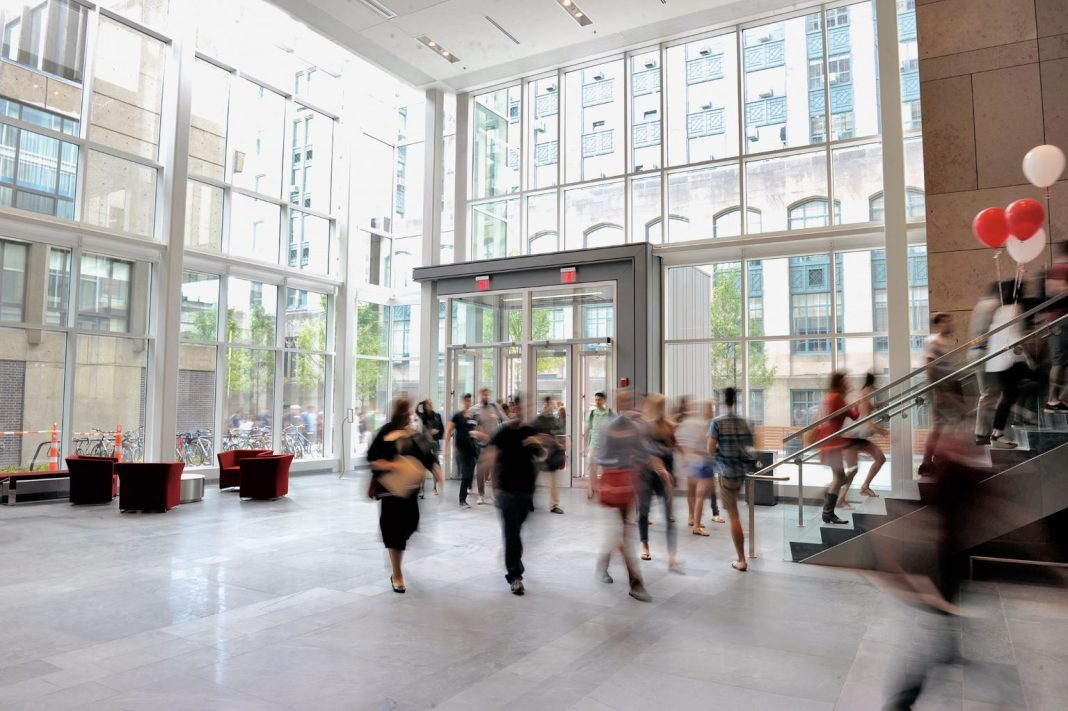Editor’s Note: The following is an adaptation from the original news piece on The Record, authored by Sabrina Molinaro. Reprinted in part with permission from Boston University School of Law.
Boston University School of Law’s new Appellate Clinic and Consumer Economic Justice Clinic are year-long experiential programs, offering students the opportunity to take the lead on court cases under the supervision of faculty experts.
These new clinics round out the Civil Litigation & Justice Program, which also includes the Access to Justice Clinic and the Civil Litigation Clinic, combining the work of the former Individual Rights Litigation and Employment Rights clinics.
Last spring, a pilot of the Appellate Clinic was appointed to represent Rocky Freeman with the opening brief completed by Professor Madeline Meth, along with clinical students Sanketh Bhaskar (’25), Henry Drembus (’25) and Brianna Jordan (’24). Freeman sought to represent himself in court after spending nearly two decades in a federal penitentiary due to an error in his pre-sentence report that was known but not corrected. Since launching this fall, the Appellate Clinic will continue to work with Freeman.
Students are trained to be effective appellate advocates in a wide range of public interest cases.
Meth said the clinic has civil rights cases that span from prisoner civil rights to school civil rights, to employment discrimination.
“The common thread between the cases is that they’re all in appellate courts, either in courts of appeals, federal or state or in the Supreme Court or state supreme courts,” Meth said.
Students working under Meth’s supervision also had the opportunity to work on reply briefs at the cert stage in the Supreme Court.
Meth said she hopes that students experience seeing a case through its lifecycle from opening briefs to reply briefs to arguments.
“We represent public-interest clients who tend to be vulnerable individuals suing a corporation, the government, or another institution with a lot of resources,” Meth said. “I like to tell the students that we represent the Davids in the David versus Goliath story.”
In the Consumer Economic Justice Clinic, students primarily work on issues involving debt collection, credit reporting, unfair and deceptive business practices and other areas related to economic justice.
As part of their clinic work, students have the chance to participate in the Greater Boston Legal Services’ Consumer Debt Lawyer for the Day programs, where they visit local courthouses to help unrepresented clients.
Through the Lawyer for the Day Program, practicum students successfully resolved cases, securing both dismissals and settlements for their clients.
With the expanded full-year Consumer Economic Justice Clinical offering, students can apply their legal skills to a wider range of cases.
“For a lot of students, this is the first time that they’re demonstrating practice-ready skills,” said Jade Brown, professor at BU Law. “Like meeting with a client, drafting an email to an opposing attorney, interacting with the courts, writing settlement agreements, negotiating… it really builds on those foundational classes.
Looking toward the future, Brown and Meth want students to feel passionate and effective in the work they do, and to take advantage of these programs to learn more about areas of the law.
“I think clinic for me was where I found my voice and felt like, ‘I’m capable of doing this work; this is my calling,’” Brown said. “I think for any student, clinic is a great opportunity to really delve in and see what the practice of law entails.”

